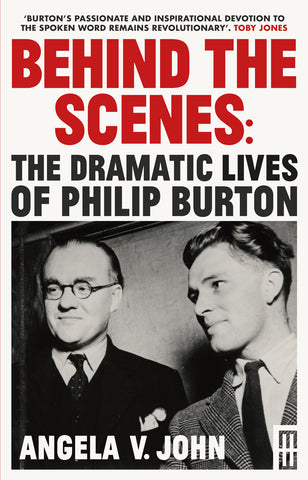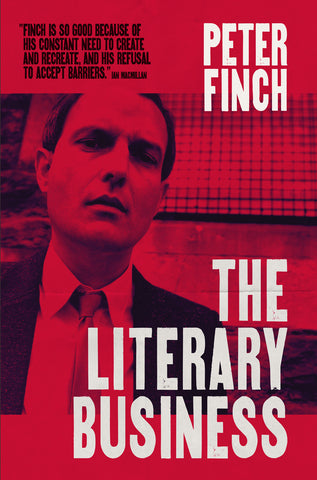With the deadline of The Rialto's Poetry Pamphlet competition looming (31st December 2018), I got to thinking about what exactly a poetry pamphlet entails. How long is a poetry pamphlet? How does it differ from a collection? How should you go about putting one together? And where can you submit it once it's ready?
What is a poetry pamphlet?
Having spoken with a few people from my poetry network, I realised the answer was not all that simple. There seems to be no clearly accepted definition of a 'pamphlet.'
Some seem to suggest that a chapbook and pamphlet are one and the same, and that the names may be American and British terminology respectively, while others suggest a chapbook is a part of a book released as a teaser prior to a launch.
In my mind, a chapbook is more likely to refer to prose, while a pamphlet is more likely to be a small collection of poetry. For example, Nightjar Press publish original short stories as gorgeous, limited edition ‘chapbooks,’ while pamphlets are more the remit of poetry competitions, such as The Rialto, Mslexia and Button Poetry.
Often, poetry pamphlets centre around a theme, even more so than collections. Because of their shorter length, pamphlets are more intense, and so there has to be a sense of interconnection between the poems. Rhian Edwards’ pamphlet Brood, stems from a both a fascination with birds, as well as intense personal experiences of motherhood and a broken relationship. The book also features original charcoal drawings by Paul Edwards – artistic features and quirky designs seem to be more prominent in pamphlets.
There is debate about whether pamphlets should stand alone, or whether the poetry can be subsequently reproduced in longer collections. Through conversation, it seems the general consensus is that readers can feel a little cheated if a collection purchased is half made up of poems they’ve already read in a previous pamphlet, although one or two pieces is fine, especially as part of a sequence.
Competition time
Back to The Rialto – the competition is asking for between 18 and 24 pages of poetry, (this mirrors Magma's guidelines, so seems pretty consistent) yet they do not give a minimum number of poems. Though they specify each poem needs to start on a new page, there is allowance for shorter poems as part of a sequence, so there's also no real maximum number. Mslexia's annual pamphlet competition, (which was last year deservedly won by Bryony Littlefair for her pamphlet Giraffe), asks for 20-24 pages, and suggests this will be 18-20 poems, while The Poetry Business Book and Pamphlet Competition (deadline 1st March 2019) asks for 20-24 poems.
Some online resources suggest that anything under 50 pages can be deemed a pamphlet, although this doesn’t account for page size and ‘white space’ – for example, the new Parthian collections are smaller in stature than most poetry books on the market, but contain just as many poems.
Get it together
If you’re looking to submit a pamphlet, there’ll be guidelines in regards to how many poems, pages, or both, the publisher or competition are looking for, so it's just a case of tailoring the collection of poetry to their specifications.
Green Bottle Press, a small UK publisher, print stunning pamphlets and aim to produce books that suit ‘both the form and the length of their poetry,’ an innovative and non-prescriptive approach. Their submission guidelines state that they won’t be bound by standard page size or book length if the work demands something different. Their titles are really worth a look - Sarah Sibley’s The Withering Room springs to mind. Welsh publishing house Rack Press, also specialise in pamphlets, with names like John Barnie and Kathy Myles in their catalogue.
Regular competitions are held by Mslexia, The Rialto, Magma, The Poetry Business, Cinnamon Press, Bare Fiction and others. (We'll often tweet about them so keep an eye on our Twitter feed ;))
A few rules of thumb, which apply to both pamphlets and collections:
- Read the guidelines carefully before submitting
- Choose your strongest pieces, this is a showcase of your best work
- Make sure its unified - if something doesn't feel right, it probably isn't
- Lay your work out on the floor to get a feel for the best order
- Choose a strong title that encompasses the whole body of work
If you want to find out more, The Poetry School and others run courses on putting together a pamphlet, and of course the best advice I can give is to read, read and read some more.
Merry Christmas and good luck with your submissions! x



